It is important to reassess, formulate and develop India’s civilizational and cultural imperatives in an increasingly globalised world. The nation’s perception of its ancient history plays a major role in this. The present series on the history of ancient India was conceived with this in mind. The aim is to put forward a nationalistic, factual and objective history of the ancient Indian past in eleven volumes. The cobwebs of certain ideas that we have lived with in the past are critically examined and in many cases found wanting and discarded.
The present volume, third in the series, has to begin with the Aryan problem on which scholars have written for close to three centuries. Much of what has been written still clings like mill-stones to our necks, and we have argued why and how we should get rid of the general obsession with this notion. We have denied that the entire corpus of the Vedic literature is anything but an interconnected corpus of Indian texts and has to be viewed thus historically. A scholarly review of the Buddhist and Jaina literature features next with the issues such as the dates of the Buddha and Mahavira. Orthodox political history is introduced with the Mahajanapadas contemporary with the life of the Buddha and Mahavira and the subsequent emergence of Magadha as the leading political power of the country. The beginning and end of the Mauryan power along with the earlier political episodes of the Achaemenid and Greek invasions bring the political history part of the volume to conclusion. Following this, there are chapters on the urbanism, inscriptions and coins of the period and notes on 21 major archaeological sites.

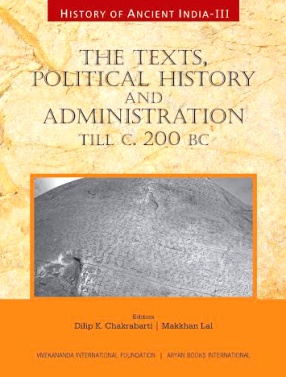
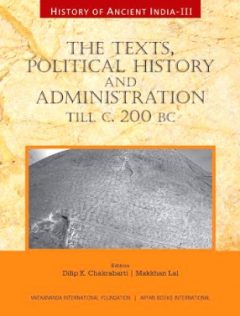
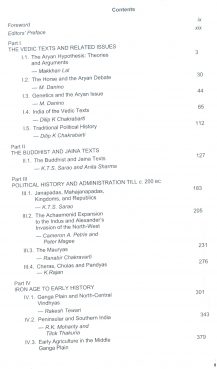
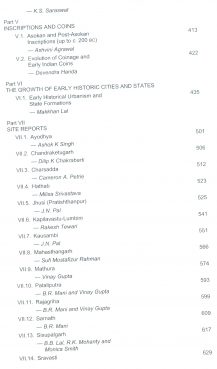
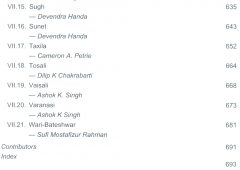
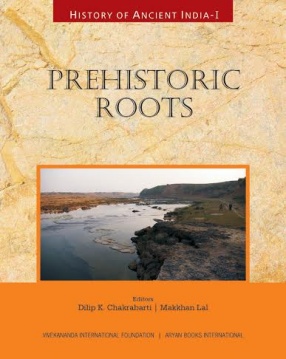
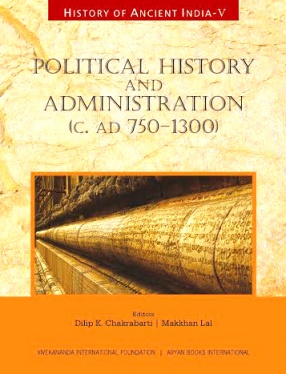
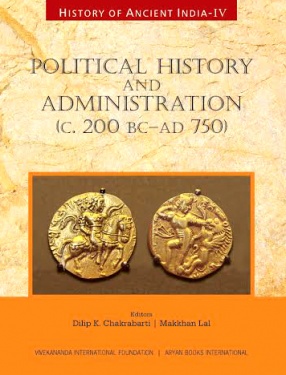
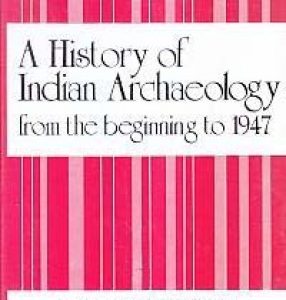
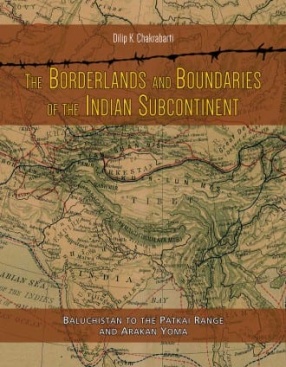
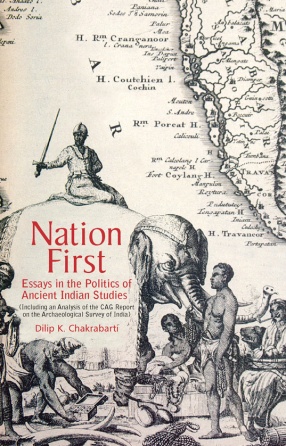
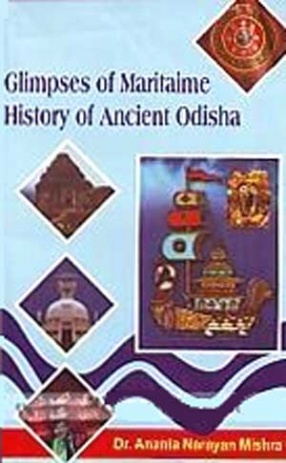

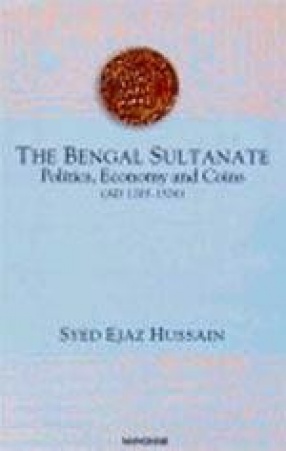
There are no reviews yet.